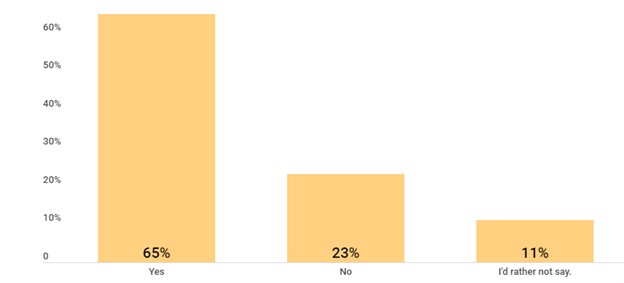Report: Unpaid maternity leave presents major gap for employee wellness
In data from Breeze, women who did not have some form of disability insurance to cover their maternity leave losses were forced to draw down savings, borrow or take on a side job.

For U.S. workers who are new parents, gaps in employment law for women (and men) taking time away from work to care for a newborn can pose steep financial burdens.
The Family and Medical Leave Act stipulates that eligible workers must be allowed 12 weeks of leave in a calendar year to care for a newborn child, within one year of the child’s birth. However, workers are not required to be paid during this period. The company only has to ensure a worker’s job will still be there when they are ready to come back to the job.
However, unpaid leave can be devastating for employees as they are forced to spend their savings or borrow money to cover the lack of income.
According to data from Breeze, 20% of women who went on maternity leave without some form of disability insurance to cover their time away had to dig into emergency savings. Seventeen percent took on credit-card debt and only 11% said they budgeted for the loss ahead of time.

For some workers, there is a need for education. Employers need to take an active role in explaining how maternity and paternity benefits work. Sixteen percent of the Breeze’s survey respondents mistakenly thought their employer would automatically cover maternity leave and 33% said they know nothing about disability insurance.

For mothers who do use disability insurance to cover the losses during unpaid maternity leave, many said they were able adequately fill the gaps.

For employers, the goal should be to support employees so that they don’t feel forced to rush back to work sooner than they would like to over financial concerns. When given the option, women often say that they fear being forced to return to work too early could have a detrimental impact on their child’s development.

The data is a firm reminder that employers and workplace wellness programs must make childcare support and family assistance a focal point of their offerings. Employees that don’t feel supported in their journey as a parent are more likely to face mental-health challenges, stress and financial worry—and perhaps more likely to look for another place to work.
You can read the full report here.







